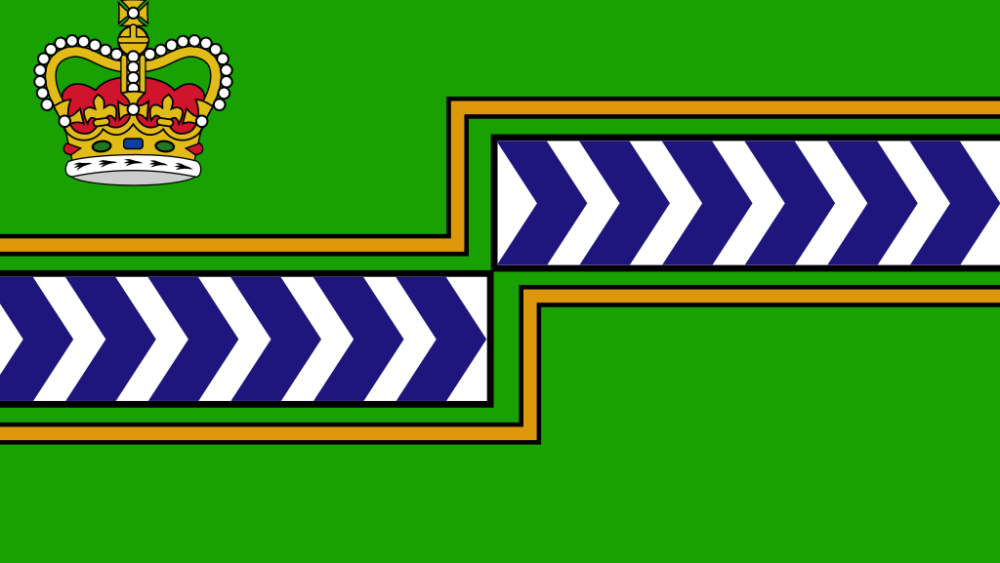June 30, 2022 •
Regional Municipality of Niagara’s Lobbying Law Penalties and Sanctions Come into Force in October

Flag of the Regional Municipality of Niagara
On October 14, 2022, penalties and sanctions for the Regional Municipality of Niagara’s new lobbying law come into force and effect. In the meantime, and although the Regional Council approved the Lobbyist Registry By-law 2022-24 to establish a Lobbyist Registry on April 14, there is a six-month educational period where penalties and sanctions will not be applied.
The new law applies to lobbying public office holders, which it defines as members of the Regional Council, officers or employees of the Council, members of local boards and committees established by the Council, and any accountability officer, including the Integrity Commissioner, the Lobbyist Registrar, an Ombudsman, and Closed Meeting Investigators. The new legislation also applies when lobbying Individuals under contract with the Region who are providing consulting or other advisory services to the Region related to matters with budgetary or operational impacts during the term of their contract.
In the law, lobbying means any communication with a public office holder by an individual who is paid or who represents a business or financial interest with the goal of trying to influence any legislative action including development, introduction, passage, defeat, amendment or repeal of a by-law, motion, resolution or the outcome of a decision on any matter before the Council, a committee of Council, or a staff member acting under delegated authority.
Registration is required electronically within five days of lobbying occurring. Lobbyist must update their registrations by filing a return if there are any changes or additions to the registration. If Lobbying continues for more than one year, a lobbyist must file a new registration for each year the lobbying continues. There are three types of lobbyists requiring registration: consultant lobbyists, in-house lobbyists, and voluntary unpaid lobbyists who lobby without payment on behalf of an individual, business, or any for-profit entity for the benefit of the interests of the individual, business, or for-profit entity.
Lobbyists also have to abide by a Code of Conduct, which is part of the new law.
Submitting a bid proposal as part of the procurement process and any communication with designated employees of the Region as permitted in the procurement policies and procurement documents of the Region does not require registration as a lobbyist. Former public office holders are prohibited from engaging in lobbying activities for 12 months after leaving their position. Once enforcement of penalties begins in October, lobbyists can be prohibited from lobbying for different time periods. Criminal activity will be referred to appropriate authorities.
The Regional Municipality of Niagara, also colloquially known as the Niagara Region or Region of Niagara, is composed of 12 municipalities falling under its jurisdiction, including Niagara Falls.
State and Federal Communications, Inc. provides research and consulting services for government relations professionals on lobbying laws, procurement lobbying laws, political contribution laws in the United States and Canada. Learn more by visiting stateandfed.com.

